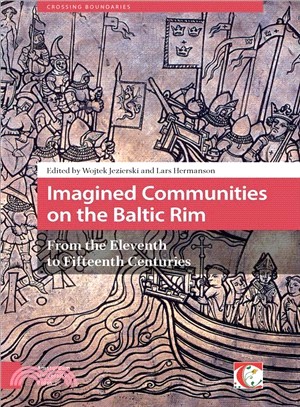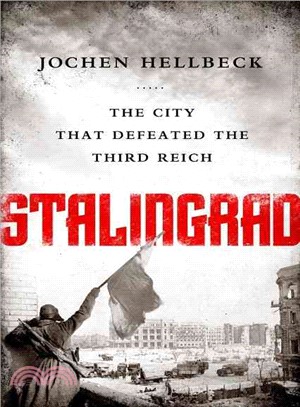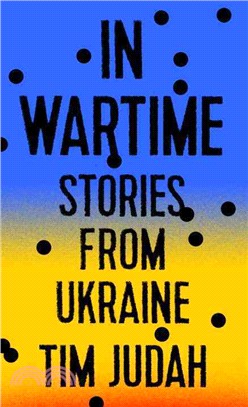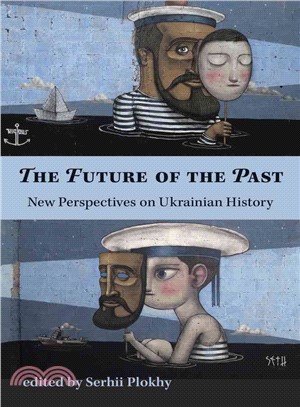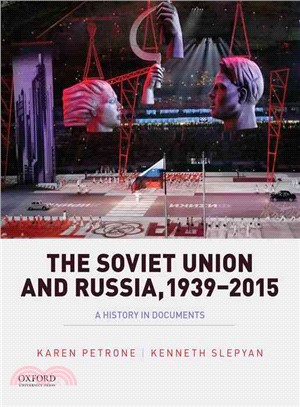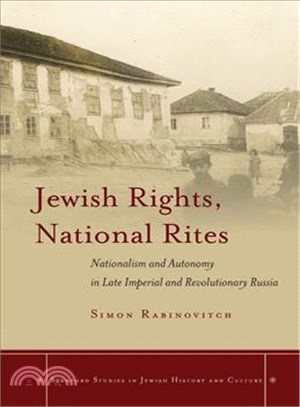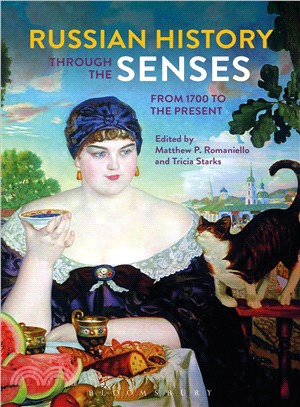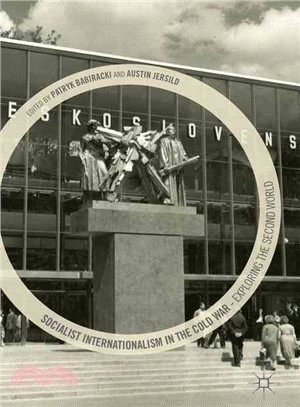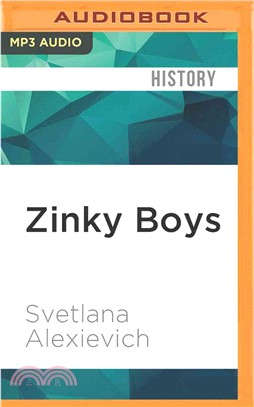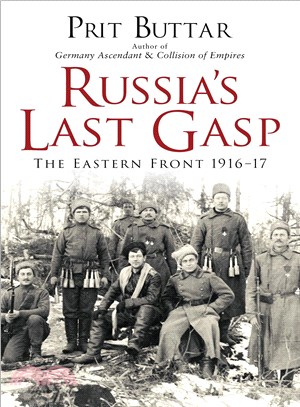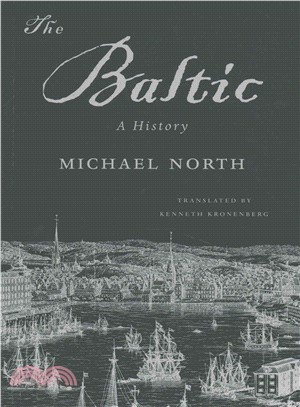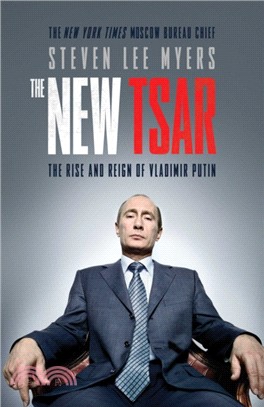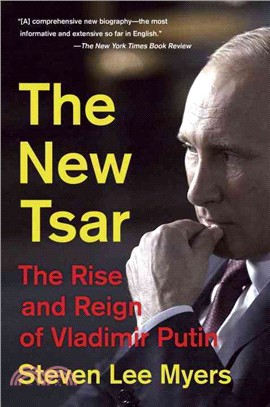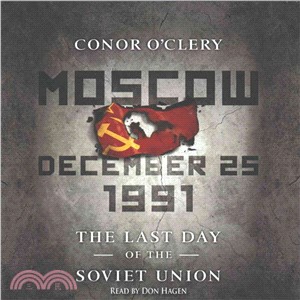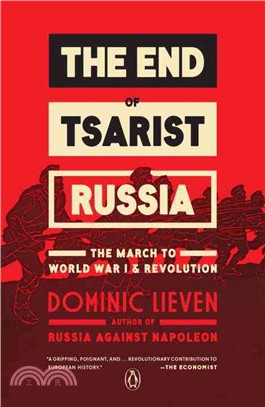共
2902 筆
第20 / 73 頁
若需訂購本書,請電洽客服 02-25006600[分機130、131]。
若需訂購本書,請電洽客服 02-25006600[分機130、131]。
絕版無法訂購
出版日:2016/10/11
作者:Leonid Luks (EDT);
Gunter Dehnert (EDT);
John Andreas Fuchs (EDT);
Nikolaus Lobkowicz (EDT);
Alexei Rybakow (EDT)
出版社:Ibidem-Verlag Haunschild;Schoen gbr
裝訂:平裝
優惠價:1
2880
無庫存
優惠價:79
811
無庫存
出版日:2016/10/10
作者:William Dejong-lambert (EDT);
Nikolai Krementsov (EDT)
出版社:Palgrave Macmillan
裝訂:精裝
若需訂購本書,請電洽客服 02-25006600[分機130、131]。
若需訂購本書,請電洽客服 02-25006600[分機130、131]。
優惠價:1
2217
無庫存
若需訂購本書,請電洽客服 02-25006600[分機130、131]。
優惠價:9
5445
無庫存
優惠價:1
1797
無庫存
若需訂購本書,請電洽客服 02-25006600[分機130、131]。
優惠價:1
2100
無庫存
優惠價:1
3000
無庫存
若需訂購本書,請電洽客服 02-25006600[分機130、131]。
優惠價:95
1465
無庫存
若需訂購本書,請電洽客服 02-25006600[分機130、131]。
優惠價:9
2157
無庫存
優惠價:9
1336
無庫存
若需訂購本書,請電洽客服 02-25006600[分機130、131]。
出版日:2016/09/20
作者:Svetlana Alexievich;
Julia Whitby (TRN);
Robin Whitby (TRN);
Christine Marshall (NRT)
出版社:Audible Studios on Brilliance audio
裝訂:有聲書
優惠價:1
450
無庫存
優惠價:79
901
無庫存
出版日:2016/09/16
作者:Svetozar Rajak (EDT);
Evanthis Hatzivassiliou (EDT);
Eirini Karamouzi (EDT);
Konstantina E. Botsiou (EDT)
出版社:Palgrave Macmillan
裝訂:精裝
若需訂購本書,請電洽客服 02-25006600[分機130、131]。
優惠價:1
1216
無庫存
優惠價:79
781
無庫存
若需訂購本書,請電洽客服 02-25006600[分機130、131]。
若需訂購本書,請電洽客服 02-25006600[分機130、131]。
優惠價:9
580
無庫存
優惠價:9
2668
無庫存
優惠價:79
434
無庫存
若需訂購本書,請電洽客服 02-25006600[分機130、131]。
優惠價:9
1300
無庫存
優惠價:79
661
無庫存
優惠價:9
2907
無庫存
優惠價:79
1802
無庫存
優惠價:79
901
無庫存
優惠價:79
948
無庫存
優惠價:1
867
無庫存
優惠價:1
525
無庫存
優惠價:95
469
無庫存




